A sweeping campaign to silence dissent and intimidate critics under President William Ruto’s administration is triggering alarm bells over Kenya’s democratic future. Human rights groups, journalists, religious leaders, and civil society are now openly questioning whether the country is veering toward authoritarian rule.
According to The Standard, a chilling climate of fear is engulfing Kenya, as citizens who speak out—whether online or in peaceful assembly—are increasingly subjected to abductions, beatings, surveillance, and off‑the‑record threats from individuals believed to be linked to state security agencies. Accounts reveal:
- Human rights defenders reporting forced disappearances after criticizing government policies.
- Peaceful protestors and Gen‑Z activists violently dispersed and, in some cases, wounded by live ammunition.
- Journalists harassed, beaten, and suppressed while covering major demonstrations, raising serious concerns about press freedom.
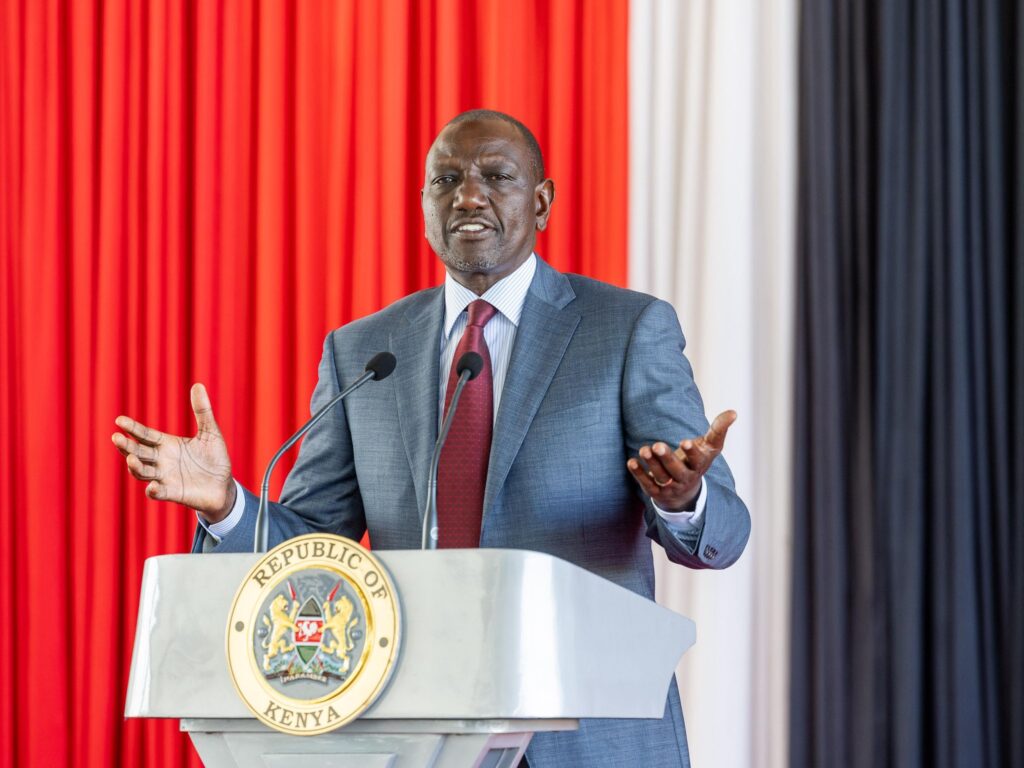
Since June 2024—triggered by widespread opposition to the Finance Bill—Kenya has seen at least 82 abductions of critics documented by the Kenya National Commission on Human Rights. This disturbing trend includes online activists, politicians, clergy, and media workers who challenge government actions.
Mobility of repression has also shifted online, with critics receiving ominous phone calls, coerced disappearances after social media posts, and increased surveillance of church sermons and online discourse . One journalist told Index on Censorship she no longer answers her phone after alleged tracking by the Directorate of Criminal Investigations.
Mounting pressure from religious institutions reinforces this narrative. In December 2024, Catholic bishops accused the government of fostering an “Orwellian dystopian authoritarian state,” citing systematic intimidation, abductions, and state-sponsored propagandizing.
Civil society voices are growing louder. The Eastleigh Voice reports that media houses face ad‑revenue withdrawal, censorship, and deregistration, while journalists face physical attacks amid a broader effort to close civic space.
Analysts warn the trend is reaching a tipping point ahead of the 2027 elections. Deployments of security forces—including military units—to suppress peaceful Gen‑Z protests mark what critics describe as an institutional slide toward repression.
The consequences could be profound. If unchecked, this crackdown risks eroding Kenya’s democratic norms and undermining its proclaimed position as a regional beacon of democratic governance.
Government officials maintain that measures are necessary to preserve public order amid growing instability—and some ministers warn these strategies may intensify as the election cycle approaches.
But for now, a nation unites in growing unease. Is Kenya entering a new era of de facto authoritarian rule? The answer will shape its democratic destiny in the run-up to 2027—and beyond.

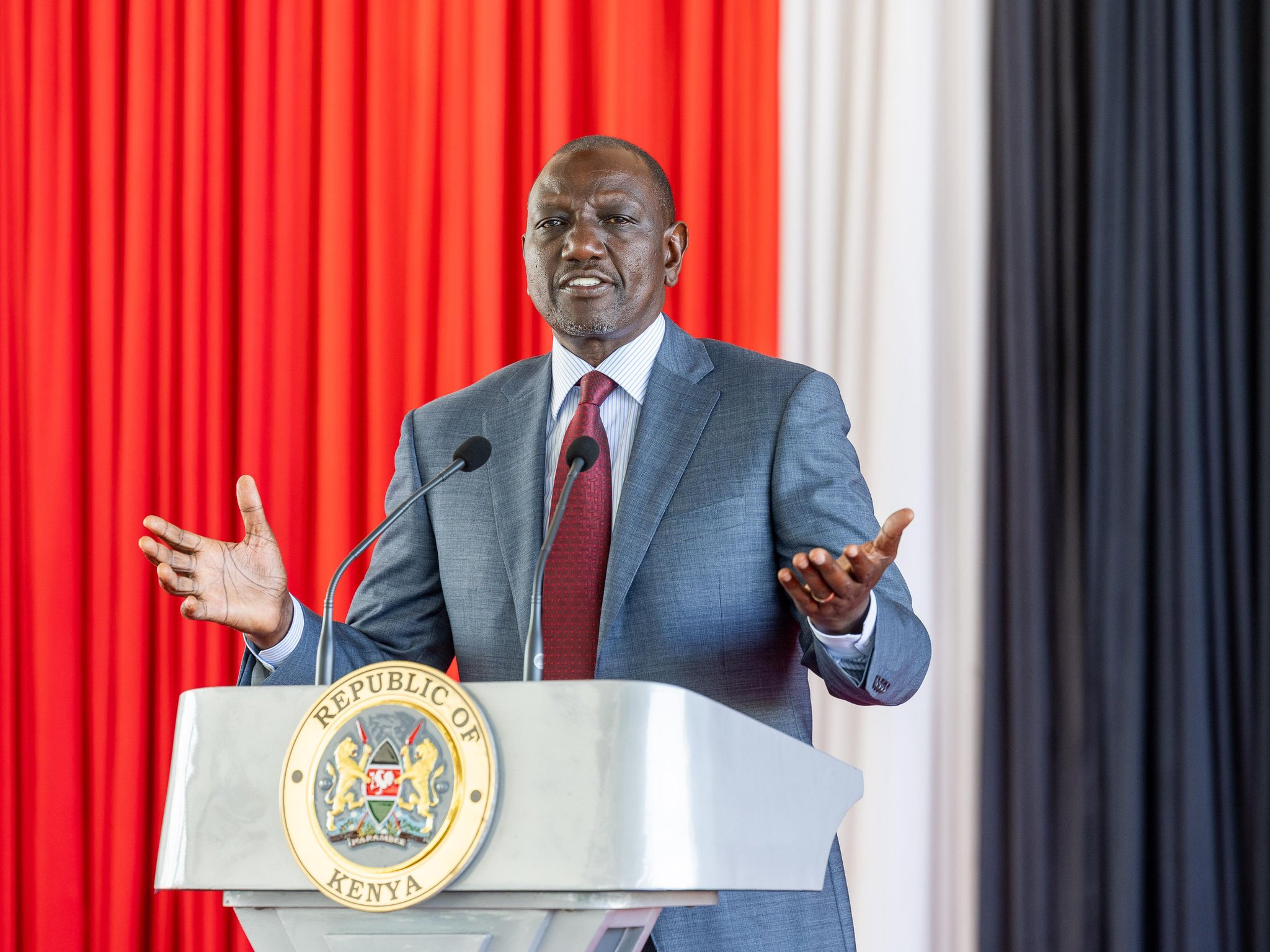



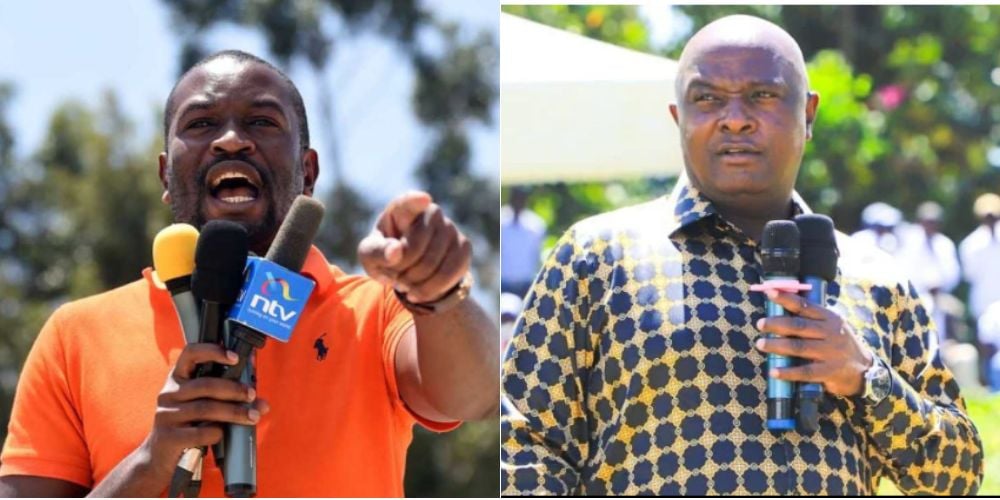
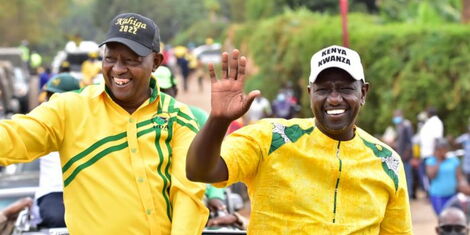
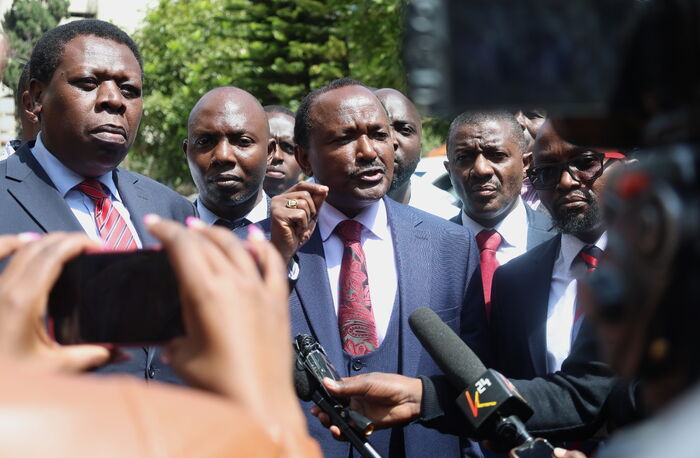
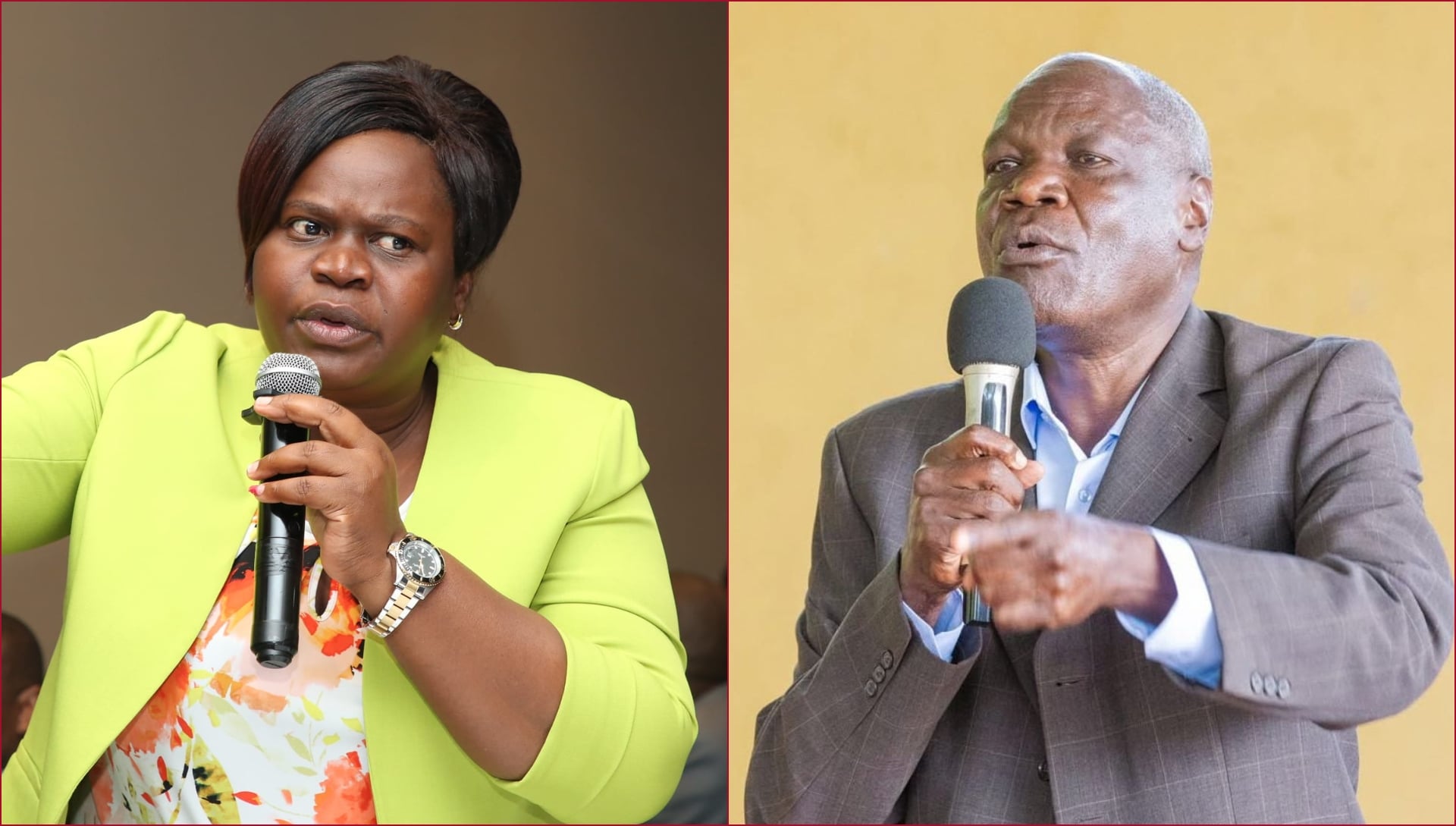
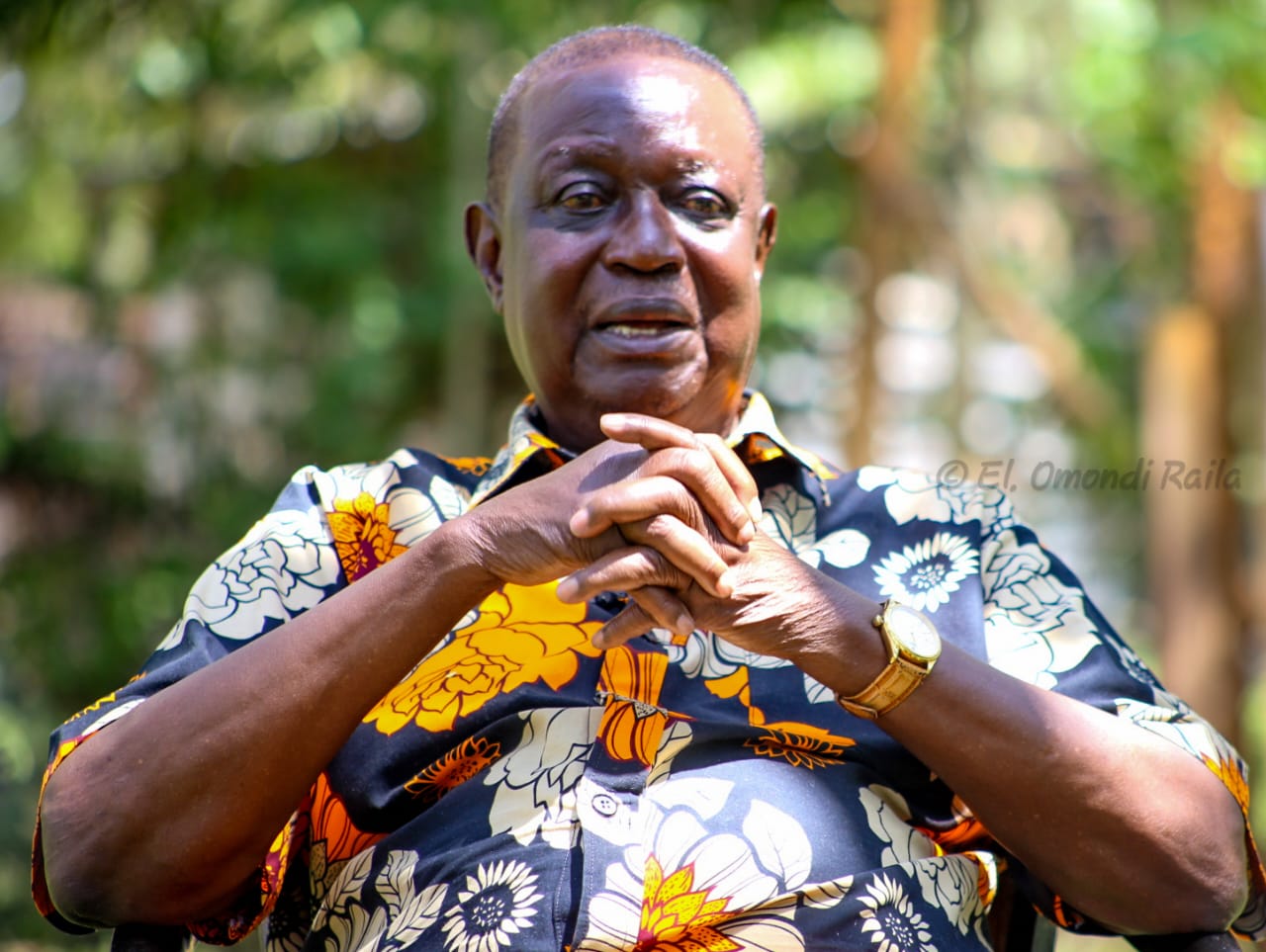
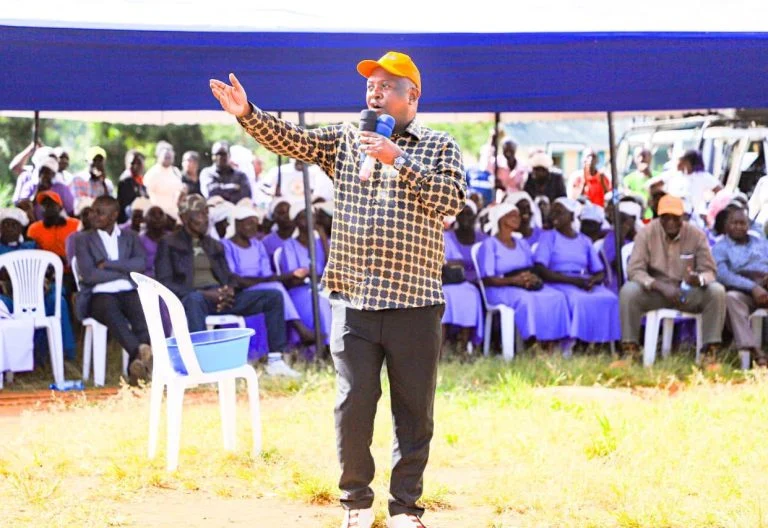
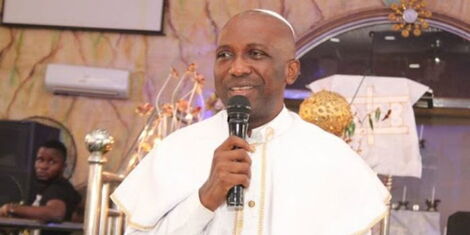
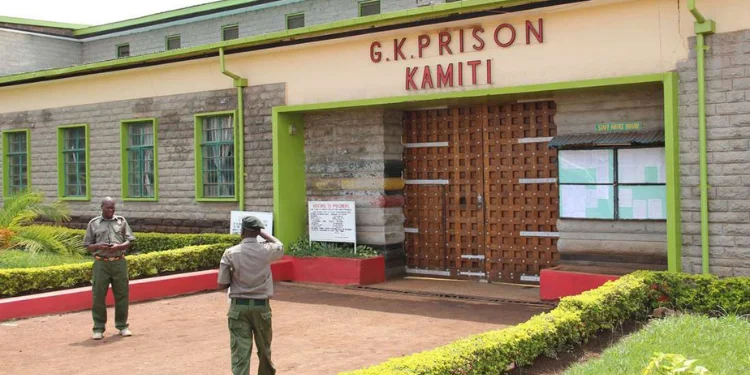

Leave a Reply